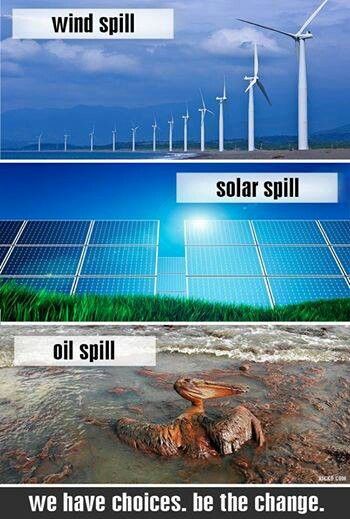EU Action Plan “Towards Zero Pollution for Air, Water and Soil"

Related topics
Eco-Management and Audit Scheme (EMAS) Air Chemicals Air Chemicals Environmental Assessment Industry Nature and Biodiversity Airdate: 28/05/2021
The Action Plan sets the key 2030 targets for reducing pollution at source and outlines a number of flagship initiatives. In addition, as pollution does not stop at borders and as the EU acknowledges that it is both the victim and the source of pollution, the Action Plan foresees reinforced external action. The EU in fact is committed to leading the global fight against pollution.
Key 2030 targets
- reduce the number of premature deaths caused by air pollution by improving air quality
- reduce the share of people chronically disturbed by transport noise,
- reduce air pollution threatening biodiversity,
- reduce nutrient losses and the use of chemical pesticides to improve the quality of soils,
- improve the quality of water by reducing waste, plastic litter at sea and microplastics released into the environment, and significantly reduce waste generation.
Guided by the 9 Flagship Initiatives, the key actions include:
- align the air quality standards to the latest recommendations of the World Health Organisation,
- review the standards for the quality of water, including in EU rivers and seas,
- reduce soil pollution and enhance restoration,
- review the majority of EU waste laws to adapt them to clean and circular economy principles,
- foster zero pollution from production and consumption (through the revision of the Industrial Emissions Directive, EU Ecolabel and other measures),
- minimize EU external pollution footprint through export restriction of harmful products and wastes,
- present a Scoreboard of EU regions’ green performance to promote zero pollution across regions,
- showcase zero pollution solutions for buildings,
- launch Living Labs for green digital solutions and smart zero pollution, including by targeting the building and farming sectors,
- consolidate the EU’s Knowledge Centres for Zero Pollution and bringing stakeholders together in the Zero Pollution Stakeholder Platform.
- Stronger enforcement of zero pollution together with environmental and other authorities.
EU external cooperation
- Enhance Green Deal Diplomacy: engage with international partners, particularly G20, enlargement partners and neighbours
- Better integrate the zero pollution ambition into EU cooperation programs with third countries and regions supporting the transition to low emission and circular economies, sustainable urban development, clean energy and clean cooking solutions, water and sanitation, climate and environmental action, health, sustainable mobility and agriculture.
Policy-Driven International Cooperation
- Promote international cooperation to address environmental risks in other countries where pharmaceutical emissions from manufacturing and other sources may contribute to the spread of antimicrobial resistance.
- Support global and regional transboundary water cooperation and work with major partners bilaterally.
- Promote international cooperation on black carbon policies to reduce the effects of climate change and improve air quality.
- Encourage partner countries to improve their policy and regulatory frameworks, i.e. polluter pay principle, green budgeting and environmental taxes
Trade
- Reduce the EU’s external pollution footprint by restricting the export of products and wastes that have harmful, toxic impacts in third countries.
- Support global action on the export of end-of-life vehicles (ELVs) and used vehicles and encourage the adoption of stricter rules on imports of the most polluting vehicles, especially in Africa.
- Better monitor and manage trade in waste electrical and electronic equipment and waste batteries.
- Promote a green finance agenda to mobilize private capital for environmentally sustainable investments that support zero pollution goals, including through the International Platform for Sustainable Finance.
Multilateral frameworks and initiatives
- Promote actions under existing international agreements on chemicals and waste, i.e. Basel (waste), Rotterdam (Hazardous Chemicals and Pesticides), Stockholm (Persistent Organic Pollutants) and Minamata (Mercury) Conventions.
- Strengthen preparatory work and engagements towards a global agreement on plastics.
- Support a global initiative to end informal recycling of used lead acid batteries.
Downloads
communication_en
English
